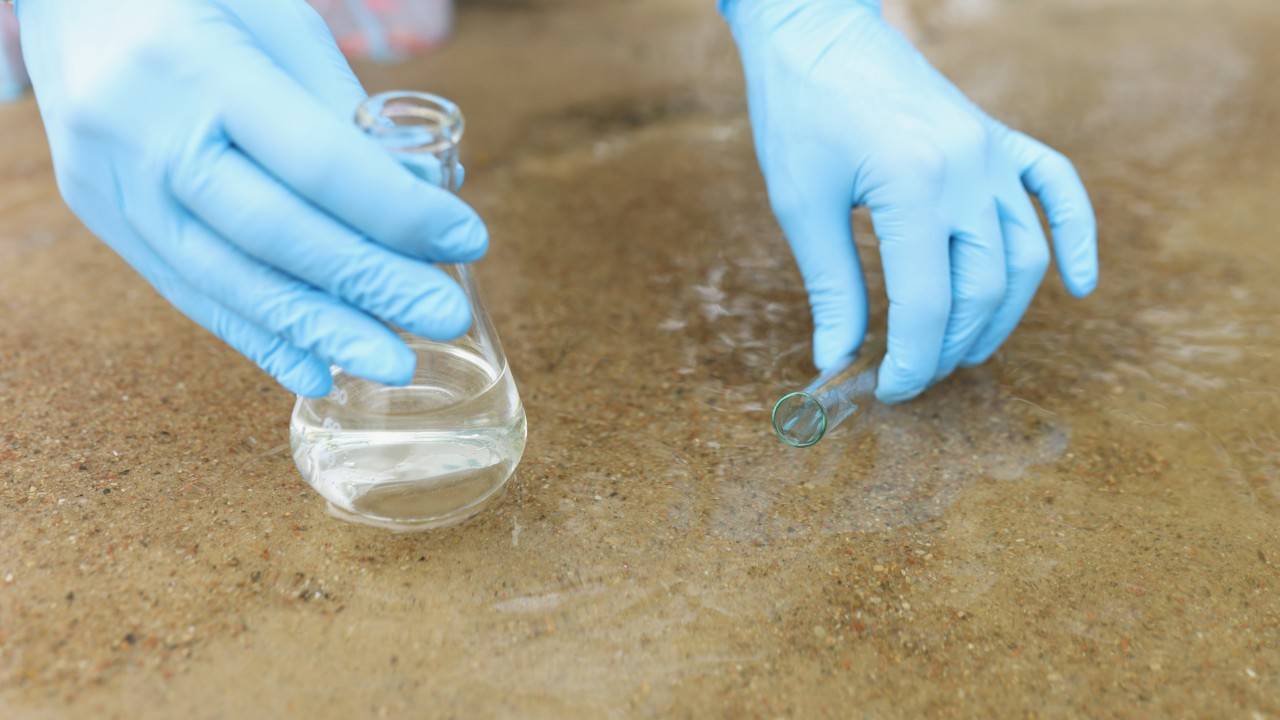A U.S. Army-funded research at Cornell University has discovered a new chemistry technique that identifies and removes micropollutants from the environment.
Micropollutants — biological or chemical contaminants — have dangerous effects on nature as they pollute surface and groundwater.
The team of researchers at Cornell has developed a ground-breaking imaging technology that shows how the ligands (molecules that attach to other molecules) attach to the surface of nanoparticles at high resolution.
According to ScienceDaily, this imaging technology could pave the way to design new-generation molecular sensors, schemes, and catalysts for cleaning up micropollutants.
For us, this has opened more possibilities. For example, one way to remove micropollutants, such as pesticides, from the environment is to adsorb micro-portions on the surface of some adsorbent particle. After it is adsorbed on the surface of the particle, if the particle is a catalyst, it can catalyze the destruction of the micropollutants.
Dr. Peng Chen, Professor of Chemistry and Chemical Biology at Cornell University
Until now, the adsorbed ligands’ behavior and interaction patterns were hard to fathom due to the presence of different other molecules and the nanoparticle geometry.
The research comes as a ray of hope as we could finally combat the micropollutants spreading disease through water.
More inspiring green news similar to this:

